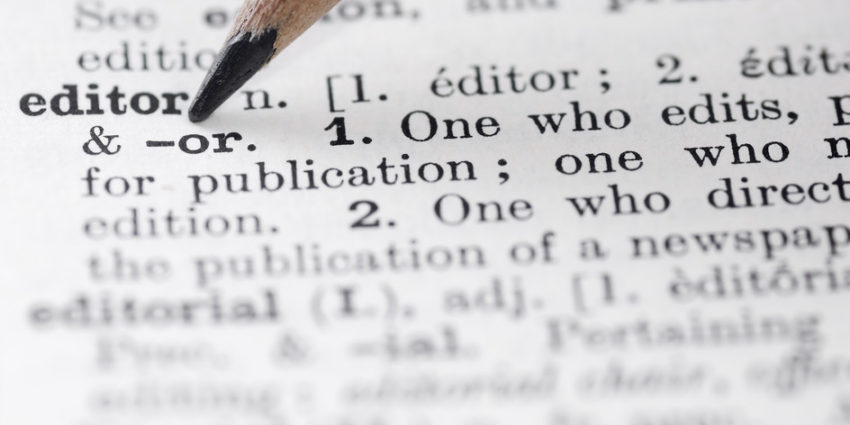Calculated by Thomson-Reuters, the impact factor of a journal is intended to be a measure of article citability and influence. The higher the impact factor of a journal, the more citations its articles receive on average and thus the more influence on the field they are thought to have. Making sure our authors reach the right audiences and are cited by them has been a key aim of the editorial team at Newcastle.
For 2016, the two year impact factor for Politics was 1.5. This result ranks us 35th out of 163 Political Science journals. It also places us within the first quartile (Q1) of the Political Science list. This is an elite grouping of journals which includes the American Political Science Review, International Organization and International Security. In addition, our two year impact factor is higher than any other journal published by the Political Studies Association or British International Studies Association.
We’d like to thank all our authors for publishing in Politics. Without their hard work we could not have achieved this result.
We are proud of our ranking and hope to build upon it during the remainder of our editorial tenure. We think it shows both the quality of our articles as well as the efforts we make to promote our authors’ work. All of our authors are offered the chance to write a short accessible piece for the Politics blog to help their work reach as wide an audience as possible, while all pieces are promoted through Politics‘ busy Twitter and LinkedIn accounts. We hope these promotional activities and the new impact factor will encourage other authors to submit their work to Politics.
In a future blog post, we will discuss strategies and tactics we have adopted to try to improve the citability of the articles we published as well as breaking down specific articles that helped to drive the significant increase in our impact factor.

